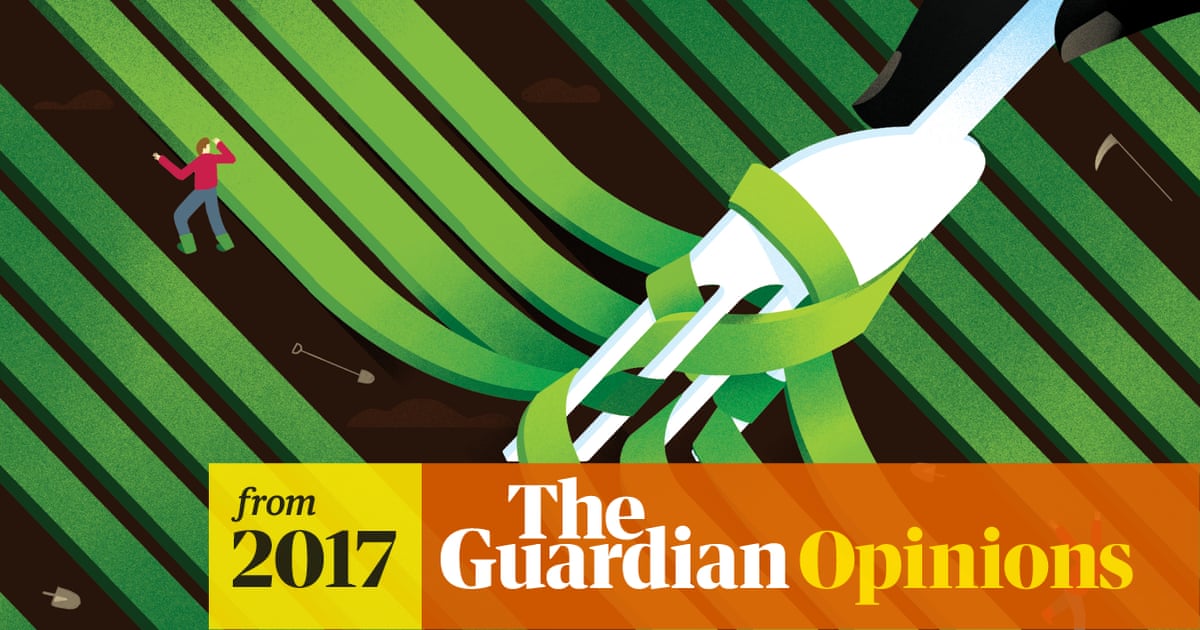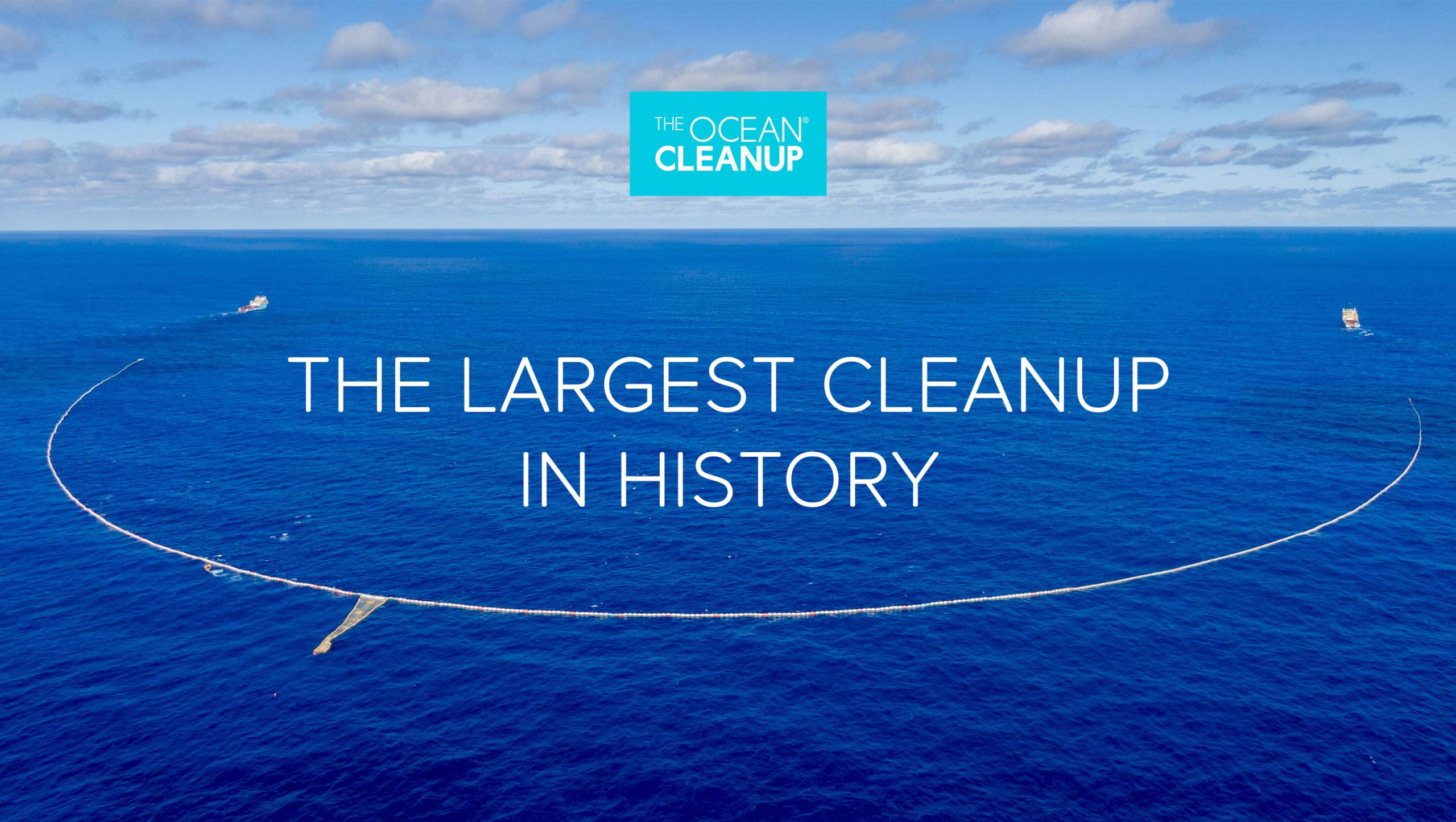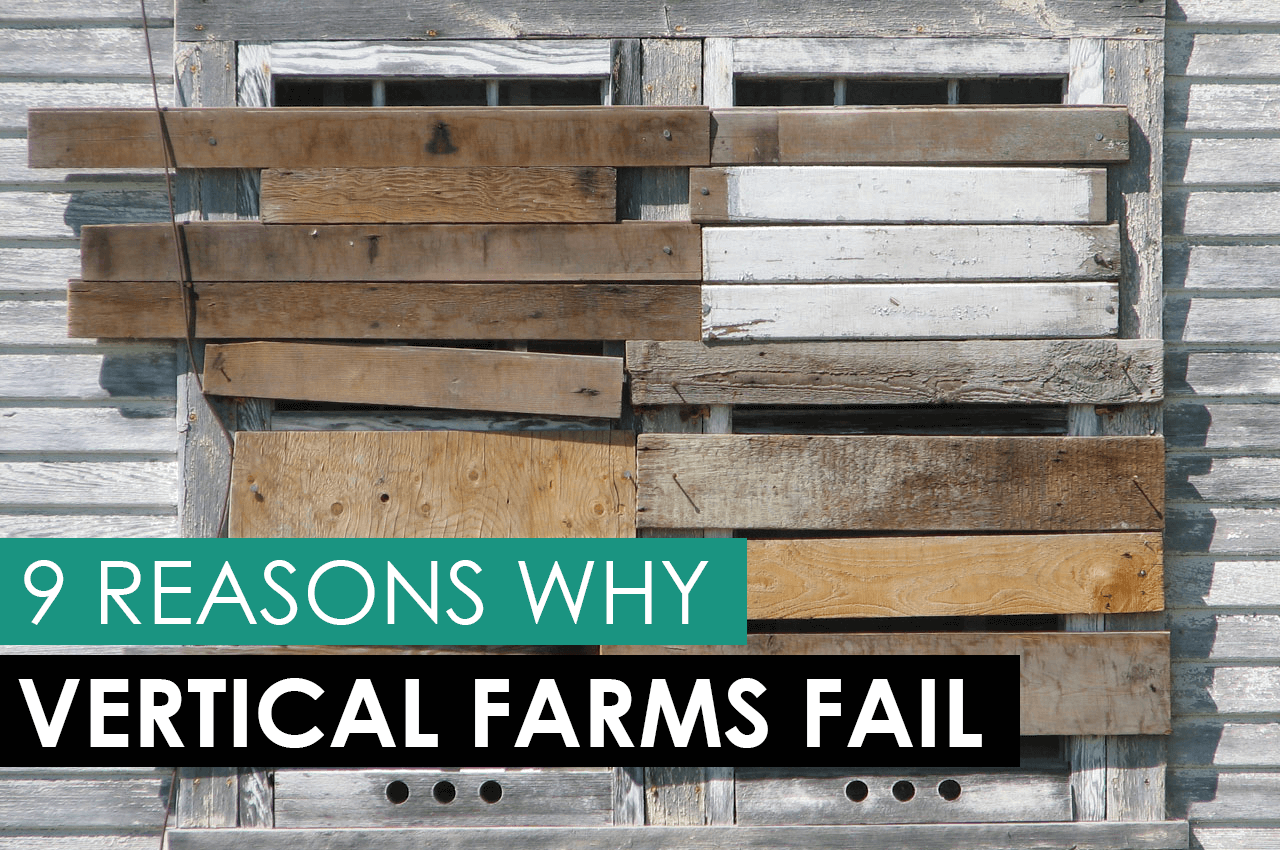I'm a leftie, but I'm happy to see that there is conservative interest in protecting the present ecosystem. I mean, one would think that conservatism and conservation of natural resources would go hand in hand, right?
The biggest problem with protecting the ecosystem is that it is a very complex system that we don't fully understand. People have tried eliminating pests and re-engineering the food chain before, like with Mao's "Great Leap Forward". It has always ended in disaster.
Without human meddling, the ecosystem will tend towards a natural balance, a kind of homeostasis only interrupted by large-scale disasters like huge eruptions or meteor impacts, and even then, only temporarily; extinction events are simply opportunities for new species to evolve, in time. If we are caught in a situation where we must engineer the Earth for our needs, then we must understand that we are doing this largely for ourselves, for the continued survival of our own species.
Humans might not have been the only intelligent species to have ever evolved on Earth. In deep time, millions and millions of years ago, there might have been another, but all the evidence would be gone by now. Even if we go extinct, there might be others, yet, who will appear at some point in the future. It is natural for us to feel existential dread at the possibility of human extinction. I feel like it's intrinsically false for people to characterize environmentalism as a selfless desire to protect the environment, because no matter what we do, Earth will still harbor life millions of years from now. Really, it's a selfish desire to protect ourselves from destruction.
So, that's the first thing we should do. We should characterize it as an anti-extinction project, because that's what it fundamentally is.
Now, this is an extraordinary time for any human being to be alive, because the past hundred years have been fundamentally different in character from the previous thousand before them. The personal computer as we know it has only existed for a handful of decades, and yet, I am speaking to you from across the globe, typing on a laptop in my bedroom. This is a remarkable, momentous time, and yet, people are so acclimated to it now, they see it as mundane.
Industrialization has offered the illusion of mankind escaping nature, but we are still beholden to nature. We are still part of the ecosystem and dependent on a wide variety of organisms for our own survival, which, in turn, are dependent on other organisms, and so on. I have always felt that the best way to avoid damaging the environment would be for mankind to attain a kind of true ecosystem-independence, such that the methodologies used could also be employed for space colonization. Things like fusion reactors, hydroponics, and so on. If we can survive on an ecosystem-in-a-jar, we could survive on Mars, or anywhere. Moreover, such "jarred ecosystems" would have minimal impact on the natural environment around them, if they were properly designed as closed-loop systems.
Think about the way farming works right now. It releases tons of greenhouse gases, erodes the soil, kills plant cover, leads to desertification and aquifer depletion, and so on. An indoor vertical farm with LED grow lights, hydroponics systems, and recycled water has no such problems whatsoever. No need for pesticides, since it's a sealed building that doesn't let pests in, and food can be grown year-round, because it's a climate-controlled environment that doesn't care if it's wintry outside. By removing ourselves from the ecosystem and creating our own isolated systems of subsistence, we can preserve our environment.
However, this, in itself, could have some unforeseen social issues, like the movement of agriculture from a rural to an urban environment and the choking-out of rural livelihoods. People speak of these things in optimistic terms, because it shortens supply lines and seemingly improves agricultural efficiency, but really, what we're saying when we suggest things like indoor farms is that we should eliminate the farmer and replace him with an "indoor farm technician". An urban-dweller. This would, in turn, promote urbanization, and while urban environments are efficient, they are also fraught with technical, social, and political difficulties of their own.
I am actually very interested in conservative input on this issue, because it seems to me that city-dwellers are being unnecessarily cruel to rural-dwellers by destroying their livelihoods. Coal mining jobs, factory jobs, sawmill jobs, agricultural jobs... if everything dries up, then ruralism as we know it will die. That's not a pleasant prospect. It's a very dangerous idea.





